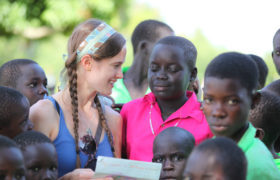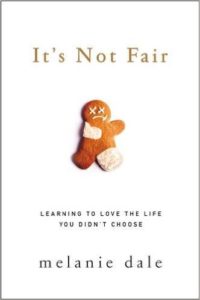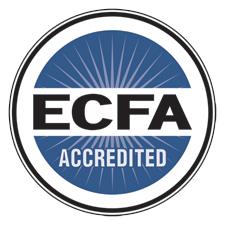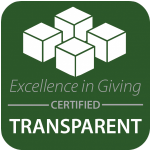At HopeChest’s Adacar CarePoint in northern Uganda, I’ve developed some deep relationships with the elders, widows, and orphaned children who are working so hard to bring hope and sustainable income to the area. They have struggled with extreme poverty because of violence and disease, and through that struggle they’ve taught me how to respond when bad things happen.
They are my teachers, and here’s what I’ve learned from them.
My friends in Uganda taught me about faith.
After years of growing up in the western Christian world, I had become a little calloused, a little cynical. I went through the motions but didn’t always believe that God would provide. Maybe if I worked hard enough, at least He wouldn’t get in my way. Getting to know this community in northern Uganda, I discovered friends who prayed because they had no alternative. They believed God would provide because he is God and not because they could force his hand. I saw their faith and I saw their joy in things I take for granted. I had a house filled with things, but they had more than I did. My water came out of a little lever on my sink, and I had electricity at the flick of a plastic switch. And they saw God move with their own eyes.
They taught me it’s okay to ask for help.
The first time I traveled to northern Uganda to work with HopeChest, I hoped I could “help” this community with its large population of orphaned and vulnerable children. It’s funny to me now, thinking back. We think we’re going to help them, but they end up helping us. Isn’t that so often the case? And we realize there isn’t them and us, only we. I quickly learned that they had some things I needed badly: Unwavering faith in a God who provides. Unblemished joy in the provision of clean water and food. Unimpeded hope in the opportunity to work to provide for themselves. Life was completely unfair. Things were hard, harder than we can imagine, yet they had the faith, joy, and hope that God would heal their community.
At first, I thought I was going to help them with their poverty problem. But then when I met them, I realized I had a poverty problem too. As I worked to mobilize my community here In Georgia to come together and partner with our friends in Uganda, we’ve all worked on projects together, and God has healed our relational and spiritual poverty. As they’ve developed their community’s resources, God has healed their material poverty. In both communities we have empowered one another to pull ourselves out of our poverty. We’ve helped each other, and that’s the way the world should be.
They’ve taught me about generosity.
There’s nothing more humbling than to receive a letter in the mail from the child you sponsor and read that she’s praying for you. And when we visit, they’re lavish in their giving: groundnuts and chickens. I’ve learned to be generous to visitors, gracious to people who offer gifts. When I attended their Anglican church on my third visit, the minister preached on Hebrews 13:2: “Do not forget to show hospitality to strangers, for by so doing some people have shown hospitality to angels without knowing it.” We were no angels, but they took care of us anyway, and I sure hope they got oodles of heavenly credit for doing it.
They taught me about gratitude.
One summer when I visited the kids in Uganda, they all asked for mattresses. They were sleeping on the ground and needed some padding and protection. On that same visit, we saw new latrines with their shiny orange paint and gardens beginning to grow and oxen plowing a nearby field. New growth and change whistled through the African air and it smelled of promise and hope and fresh grass.
That fall, we heard the devastating news that massive flooding had overtaken the CarePoint area. The latrines were in danger of backing up, the gardens were wiped out, and the risk of water-borne disease threatened the ones we loved. We organized a campaign to raise money for mosquito nets and water-purifying tablets to keep the kids safe from the increased risk of disease. And mattresses. Each child received a new mattress.
When we got the pictures of the flooded fields, the dirty standing water, and the ruined crops, we also got a picture of our group of kids, smiling from ear to ear, holding their new mattresses. In the midst of a really bad situation, they were rejoicing for answered prayer—in the form of the mattresses they’d needed all along.
Excerpted from It’s Not Fair: Learning to Love the Life You Didn’t Choose (Zondervan 2016), by Melanie Dale. For more, visit unexpected.org/itsnotfair.






